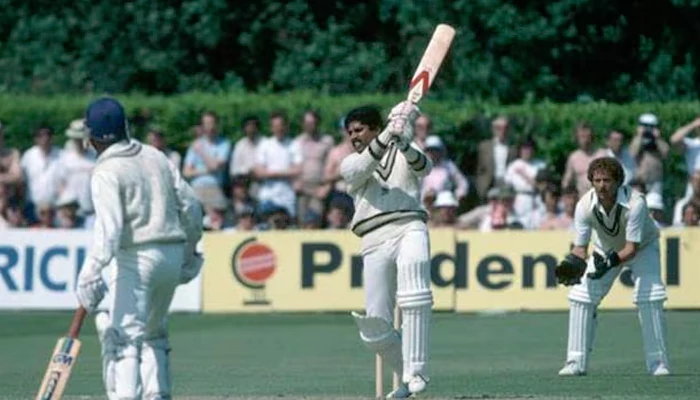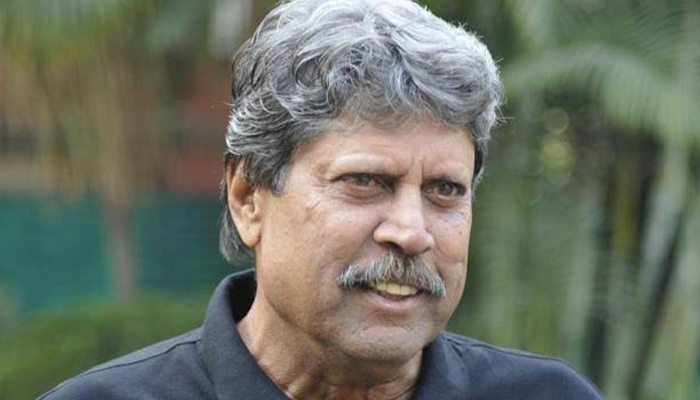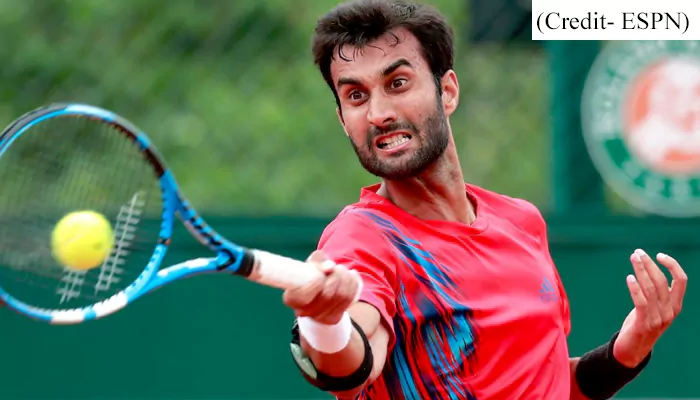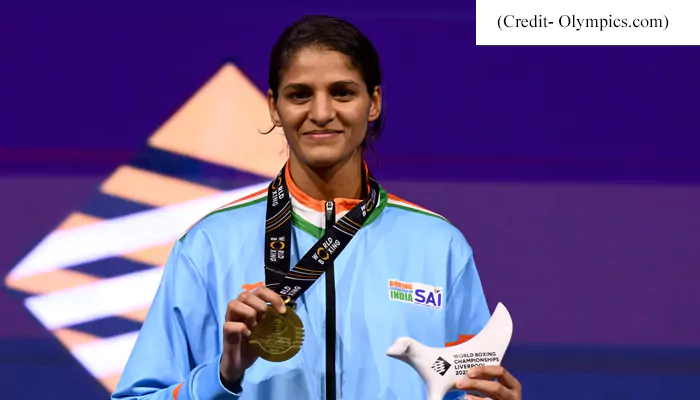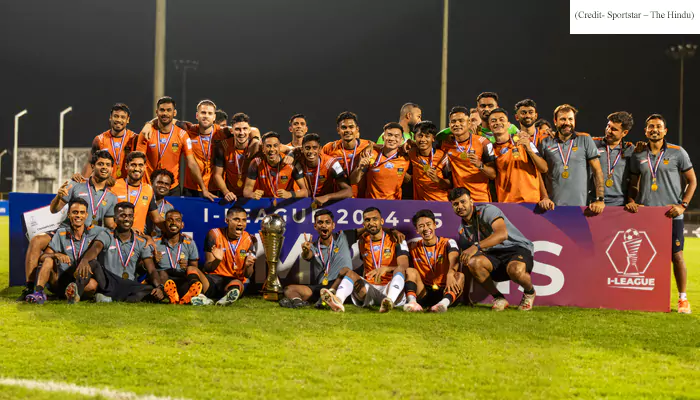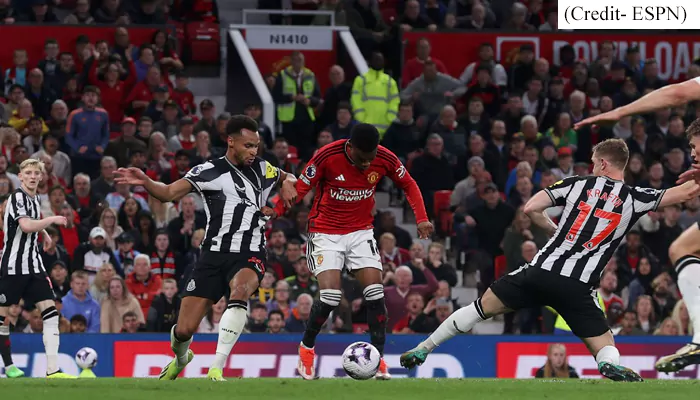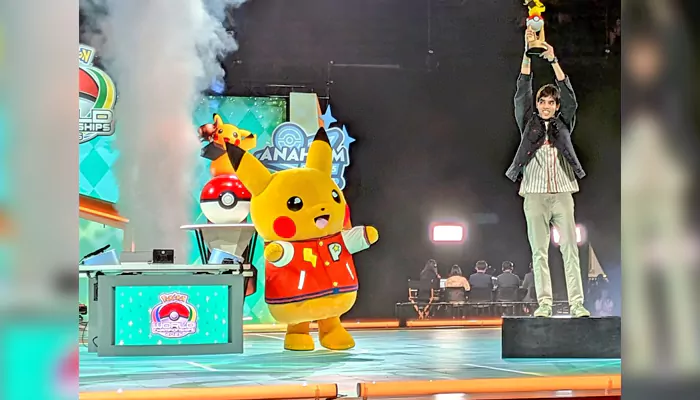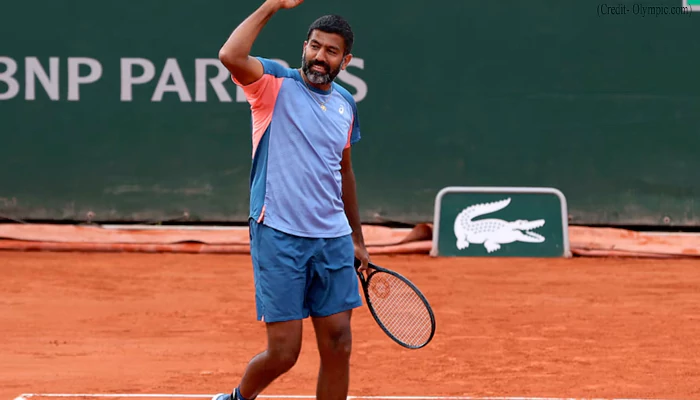Karate's Empowering Impact on Gender Equality: Breaking Barriers with Every Kick!
- Admin
- 1 year ago
- 4 minutes read

In the realm of karate, gender knows no bounds – where discipline, strength, and equality converge on the path to empowerment
Karate is a traditional Japanese martial art that comes from Okinawa. It has done a lot to promote gender equality by breaking down assumptions, giving people power, and giving everyone a chance to succeed, no matter what gender they are.
Gender Differences in the Past: In the past, martial arts have been linked to male authority. Karate, which has its roots in a long history of cultural change and adaptation, has questioned these patterns and has slowly become a force for changing how people think about gender roles in martial arts.
Inclusive Philosophy of Karate: Mental discipline, respect, and self-control are some of the most important ideas in karate. In a system where people are judged on their hard work, skills, and character rather than their gender, these ideals apply to both men and women. Karate's philosophy of acceptance makes it a place where people of all genders can learn, fight, and do well.
Similar Chances to Train: More and more modern karate dojos (training places) are promoting gender equality by giving men and women similar chances to train. Modern dojos allow both men and women to train in all areas, from basic techniques to advanced forms (katas) and sparring.
Getting rid of gender stereotypes through female role models: The rise of successful female karate practitioners and teachers has been a key factor in getting rid of gender stereotypes in the martial arts community. Keiko Fukuda, the best female judoka in history, and Karen Shepherd, a famous karateka, have broken down stereotypes and motivated a new breed of female martial artists to do their best in karate.
Women in Leadership Positions: Karate groups and governing bodies know how important it is to have a mix of men and women in leadership positions. For women who want to learn karate, this not only gives them role models, but it also helps the martial arts community as a whole have more diverse and fair representation.
Equal Opportunity: Karate events have changed over time to make sure that male and female athletes can compete equally. To encourage fair competition, events are grouped by skill level and weight class instead of gender.
Empowerment and Self-defence for Women: Karate gives women power by teaching them useful self-defence skills. For many women who practise karate, the greater self-awareness, confidence, and general sense of safety they gain are life-changing experiences.
Teaching Respect and Self-Control: Respect for others and yourself is very important in karate. One of the most popular karate rituals is bowing, which stands for respect and humility. This creates a dojo where everyone, male or female, is respected for their focus and commitment to the art.
Karate Is Open to People of All Ages: Karate is open to people of all ages and genders. Adults, kids, and seniors can all do karate together, making the sport a group activity that crosses generational and gender lines.
Cultural Changes: As society goes through cultural changes that lead to more equality between men and women, karate both reflects and adds to these changes. The growing number of successful female karate practitioners in popular media and the celebration of their accomplishments help to change old ideas and spread the message that martial arts are for everyone, regardless of gender.
Karate has become a symbol of acceptance and strength because it breaks down historical stereotypes, gives everyone the same chances, and gives people of all genders the power to make their own decisions. Karate's part in promoting gender equality will continue to change as more people, both men and women, take up the art.

